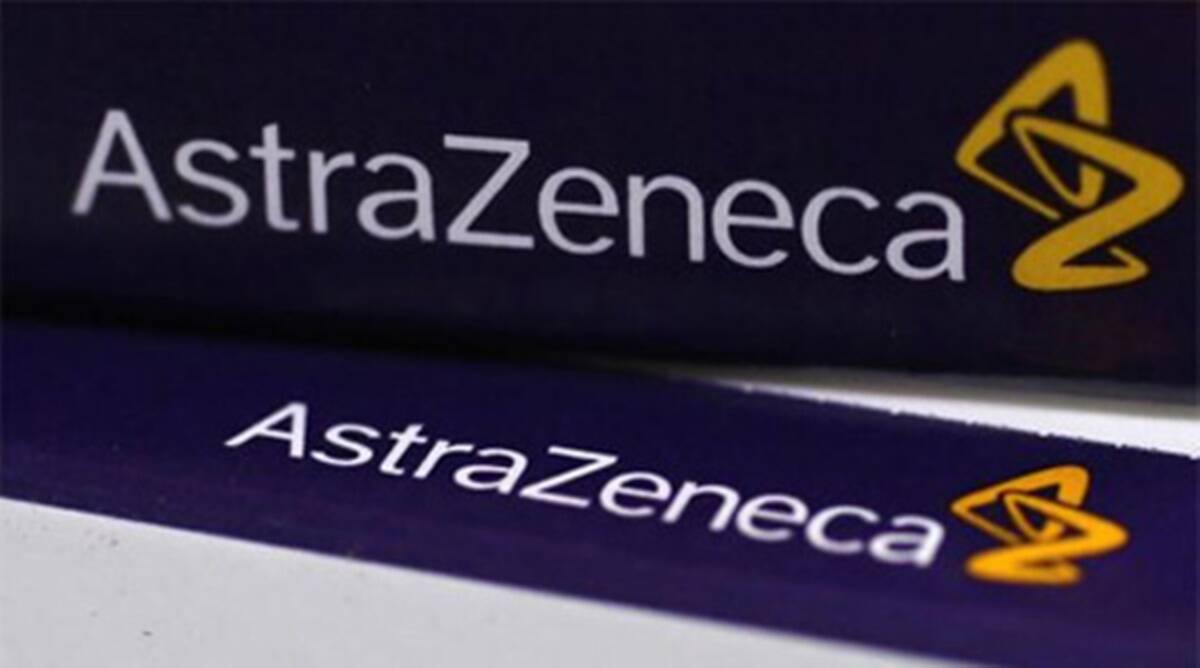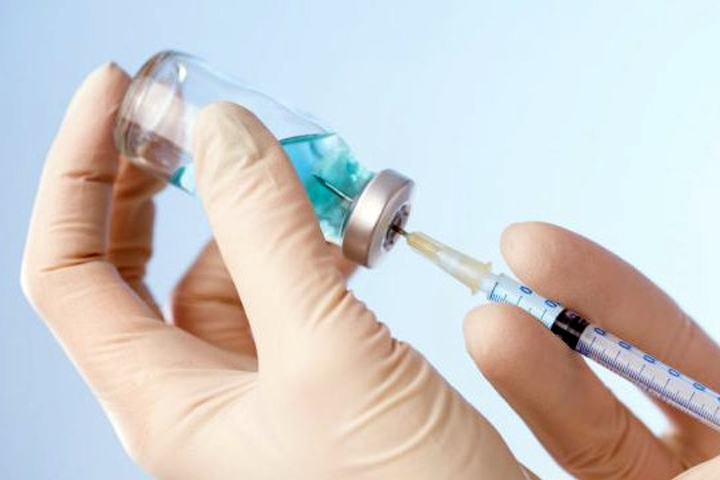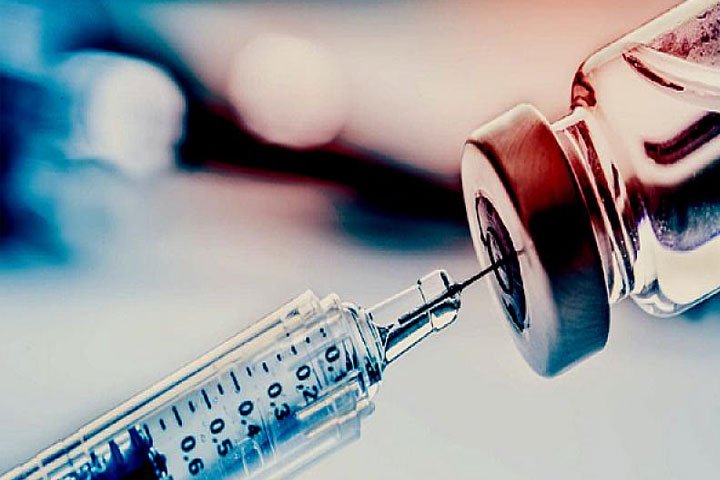AstraZeneca booster OK, says paper; Serum Institute seeks nod
Lancet's COV-BOOST study, based on a UK trial, looked at the safety, immune response and side-effects of seven vaccines when used as a third booster jab after 10-11 weeks.
SEVEN Covid-19 vaccines are safe and stimulate a strong immune response when given as boosters to people who have previously received a two-dose course of either Oxford-AstraZeneca or Pfizer-BioNTech, as per the first such randomised trial of boosters published in The Lancet.
So far, little data has existed on the comparative safety of Covid vaccines, and the immune responses they stimulate as a third dose. Lancet’s COV-BOOST study, based on a UK trial, looked at the safety, immune response and side-effects of seven vaccines when used as a third booster jab after 10-11 weeks.
The seven vaccines that were given as the third dose were AstraZeneca, Pfizer, Novavax, Janssen, Moderna, Valneva and Curevac. “The side effect data show all seven vaccines are safe to use as 3rd doses, with acceptable levels of inflammatory side effects like injection site pain, muscle soreness, fatigue,” Professor Saul Faust, trial lead and Director of the NIHR Clinical Research Facility, University Hospital Southampton NHS Foundation Trust, said.
But while all the seven vaccines boosted spike protein immunogenicity after two doses of AstraZeneca, in case of Pfizer, after two doses, a booster dose of Valneva was not found to be effective.
The Serum Institute has applied to the Drug Controller General of India that Covishield be allowed to be used as booster.
While AstraZeneca vaccine is administered in more than 180 countries, Pfizer is available in more than 145 countries. Two doses of the vaccines, respectively, have been shown to offer 79% and 90% protection against hospitalisation and death till six months after administration, in several studies. However, the protection is known to wane over time, driving the demand for boosters, especially for the most vulnerable, and to lessen pressure on health services and mitigate the economic impact.
Professor Faust said: “It’s really encouraging that a wide range of vaccines, using different technologies, show benefits as a third dose to either AstraZeneca or Pfizer. That gives confidence and flexibility in developing booster programmes here in the UK and globally, with other factors like supply chain and logistics also in play.”
Further research is needed to determine the effectiveness of the boosters on long-term protection and immunological memory. Researchers said studies were ongoing to find effectiveness of two of the vaccines in people who had the third dose much later, after seven-eight months.
The randomised Phase 2 trial involved 2,878 participants in good health, recruited at 18 UK sites between June 1 and 30, 2021, in a mixture of commuity and secondary care settings. All were 30 or older, with half of them above 70. Participants received their first doses in December 2020, or January-February 2021, and second doses at least 70 days before enrolment for the study in case of Astrazeneca and 84 days in case of Oxford.
Adverse effects after seven days and levels of antibodies after 28 days were the primary ground of the study. The other outcome studied was the T-cell immune response. While in case of AstraZeneca, antibody levels rose 1.8 times to 32.3 times depending on the booster used, in case of Pfizer, the rise was 1.3 times to 11.5 times. Significant T-cell responses were reported in several combinations. At 28 days, all booster results were similar.
Among the side-effects, fatigue, headache, and injection site pain were the most common. Of the 2,878 participants, 912 experienced a total of 1,036 “adverse events”, 24 of those severe.
The authors warned that the booster data should be interpreted with caution because these relate to immunogenicity rather than protection against disease, and the relationship between antibody levels at Day 28 and long-term protection and immunological memory is unknown.
The other limitations of the study included that due to the pandemic and the need to generate data to inform policy in September 2021, the interval between the doses varied. Several studies have shown that a longer time period between the first and second doses may improve immunogenicity, including improved antibody responses.
Also, only recruiting people over 30 year olds limits the findings, as studies have shown that the vaccines tend to provoke a stronger immune response in younger people, and higher adverse effects. Participants were also mostly white.
This study was funded by the UK Vaccine Taskforce and National Institute for Health Research. It was conducted by researchers from University Hospital Southampton NHS Foundation Trust, University of Southampton, Imperial College London, University of Oxford, NIHR Oxford Biomedical Research Centre, Oxford Vaccine Group.
Researchers in the study said that policymakers should establish criteria for choosing which booster vacci
nes to use, based on immunological considerations, known side-effect profiles, in-country availability, and ultimately, what level of boost is sufficient in the context of national strategic disease control objectives.
At a press briefing on Thursday, Union Health Ministry officials said that on booster doses, their priority was clear. “Complete the task of vaccinating all adults with both doses – this is the focus and strategy that will give us the best dividend at this moment of time,” Dr V K Paul, Member, Health, NITI Aayog said.
Source: The Indian Express
03 Dec 2021,17:42

















 Live Tv
Live Tv



